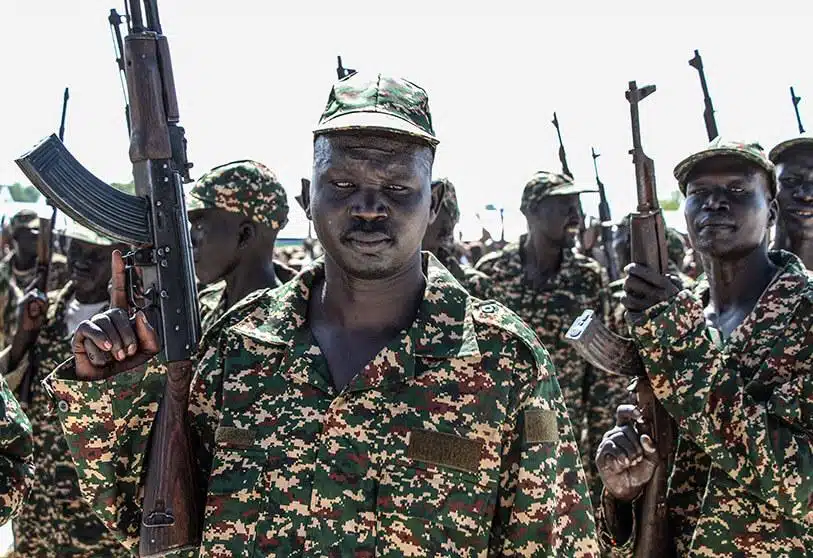In a developing diplomatic incident, the Sudanese army has firmly rejected allegations from the United Arab Emirates (UAE) that its forces bombed the residence of the UAE ambassador in Khartoum. The accusation, made by the UAE on Monday, described the attack as a “heinous act” perpetrated by a Sudanese military aircraft. In response, Sudan’s foreign ministry denounced the claims as “false allegations,” asserting that the real responsibility lies with the paramilitary Rapid Support Forces (RSF).
The Sudanese army’s statement labeled the attacks as “shameful and cowardly acts” attributed to the RSF, further complicating an already tense situation. This ongoing conflict has its roots in a power struggle that erupted in April 2023 between the Sudanese army and the RSF, stemming from disputes over a transition to free elections. The UAE, for its part, has been accused by the Sudanese army of supplying weapons and support to the RSF, claims that the Gulf state has consistently denied. Notably, U.N. sanctions monitors have described the allegations regarding UAE support for the RSF as credible.
The humanitarian crisis in Sudan has reached alarming levels, with the United Nations reporting that nearly 25 million people—approximately half of the nation’s population—are in dire need of assistance. The ongoing war has also prompted mass displacement, with around 8 million people fleeing their homes amid escalating violence and fears of famine.
The UAE’s foreign ministry has stated that the bombing caused significant damage to the ambassador’s residence, heightening tensions in an already fragile diplomatic relationship. As the situation unfolds, international observers are closely monitoring the conflict’s implications for both Sudan and the broader region.



